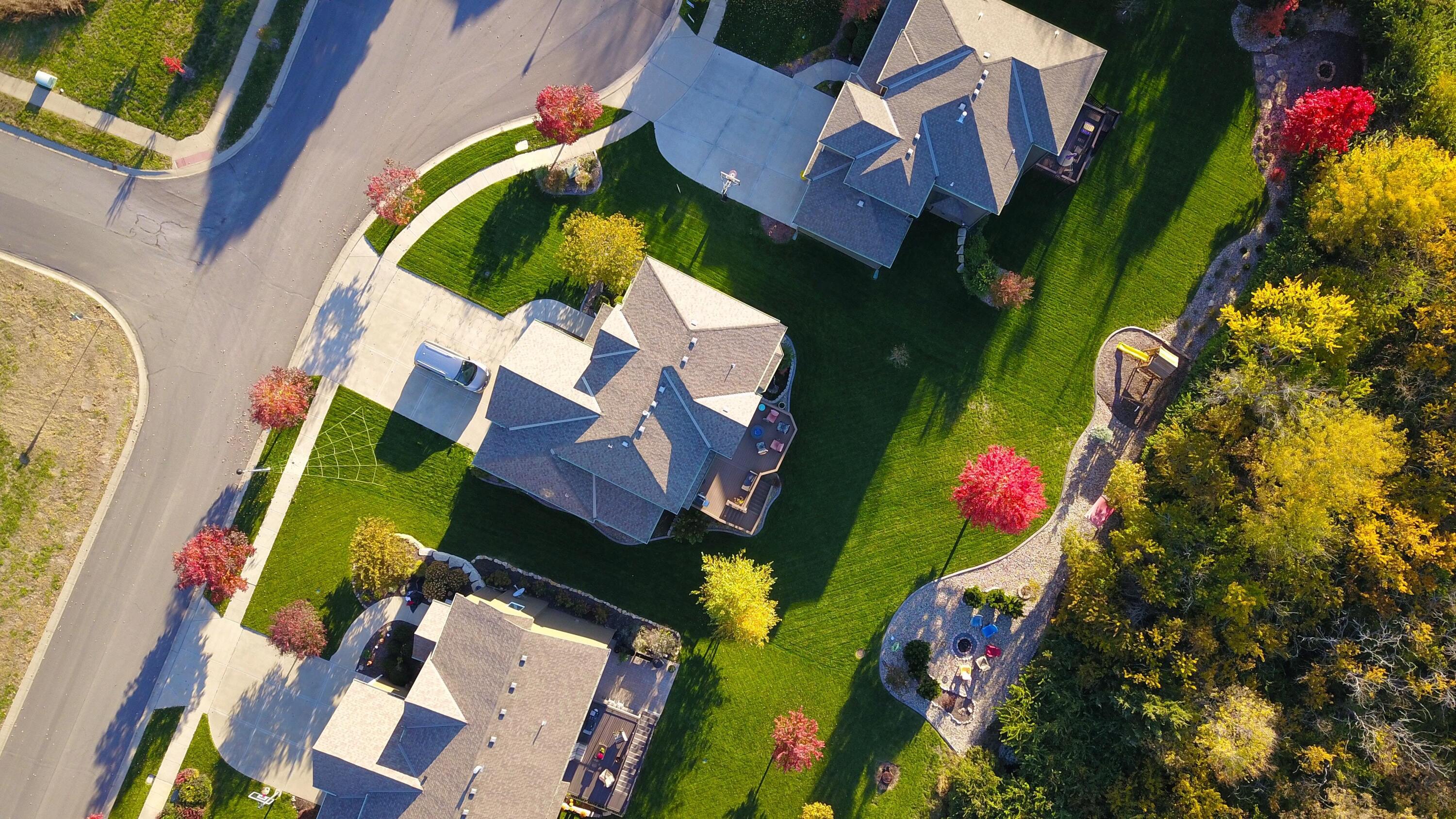It was midmorning when I stopped by the coffee shop for a pastry and a cappuccino. The storeowner asked me “how is real estate doing; I heard there is a shortage of homes for sale?”
I replied “the inventory levels are low and it’s causing a bit of a problem.”
The owner began to tell a story about a friend who was trying to purchase a home but lost out to a higher bidder, and asked “have you ever seen a market like this?”
I said to him, “yes, I’ve heard this story many times lately, and it won’t be over soon.”
I thought to myself, the market ebbs and flows but these condition seem different than most. A recent example of fast rising prices was in the early 2000’s when a high demand for housing resulted from a change in governmental policy requiring no documentation to obtain a loan. The result was artificial demand and lack of supply. Prices moved up quickly, and once the pyramid stopped, prices fell drastically.
Again in the 1970’s and early 1980’s poor economic policies gave us run-away inflation and minimal productivity growth, also known as ‘stagflation.’ It ultimately delivered erratic prices and the lowest level of homes for sale, and sold, in decades.
A review of history will show housing markets are mostly driven by economic policy, but it’s not the only factor today causing high demand. The self-induced Covid-19 shut-down changed how people live in their homes and they now look for alternative housing. First-time buyers still want to own rather than rent. And we are seeing a higher number of people moving into the Sioux Empire. Add to this, historically low mortgage rates and a huge supply of money available for banks to lend and consumers to spend.
On the other hand, the supply of homes for sale is down, and for several reasons. Empty-nesters are staying in their homes longer, construction of new homes has been disrupted by the effect of Covid-19 shut-down on the supply-chain, and many people are reluctant to place their home on the market for fear of not finding another.
To continue our conversation, the storeowner asked “can we expect the housing market to crash like before, and if so, when will it happen?”
“I’ll be surprised” was my answer. “It can be quantified with historical data. As long as the economy holds up, we will be alright. This is a true bullish market based on growth and policies from the past few years. Nonetheless, there will come a time when prices will level off due to one or more factors of higher interest rates, higher taxes, a slower economy, and the natural movement of supply and demand through pricing.”
“Such as, the supply of homes will increase because prices rise so much that sellers jump into a hot market, trying to take advantage of higher prices. All the while, demand slows as buyers put their plans on hold until prices soften.”
The storeowner looked pensive and did not reply. One might think it’s complicated, but perhaps not if one is to study basic economics and historic patterns.
Locally, the future of real estate looks bright, at least for now. In the meantime, one might do well getting settled in while the getting is good. Buy as much house as you can for as long as you can with the least amount of money down. Make sure you get the right house that fits your lifestyle the best for today as well as tomorrow.
One last thought…financial basics can instill confidence and security…keep a good level of cash reserves, minimize debt, and keep good balance in your life.
The Ratchford Group has a proven process to help you maximize your dollars and give you peace of mind knowing you are doing the right thing at the right time.
We invite you call or text anytime…605.359.4100
Tony Ratchford, The Ratchford Group

